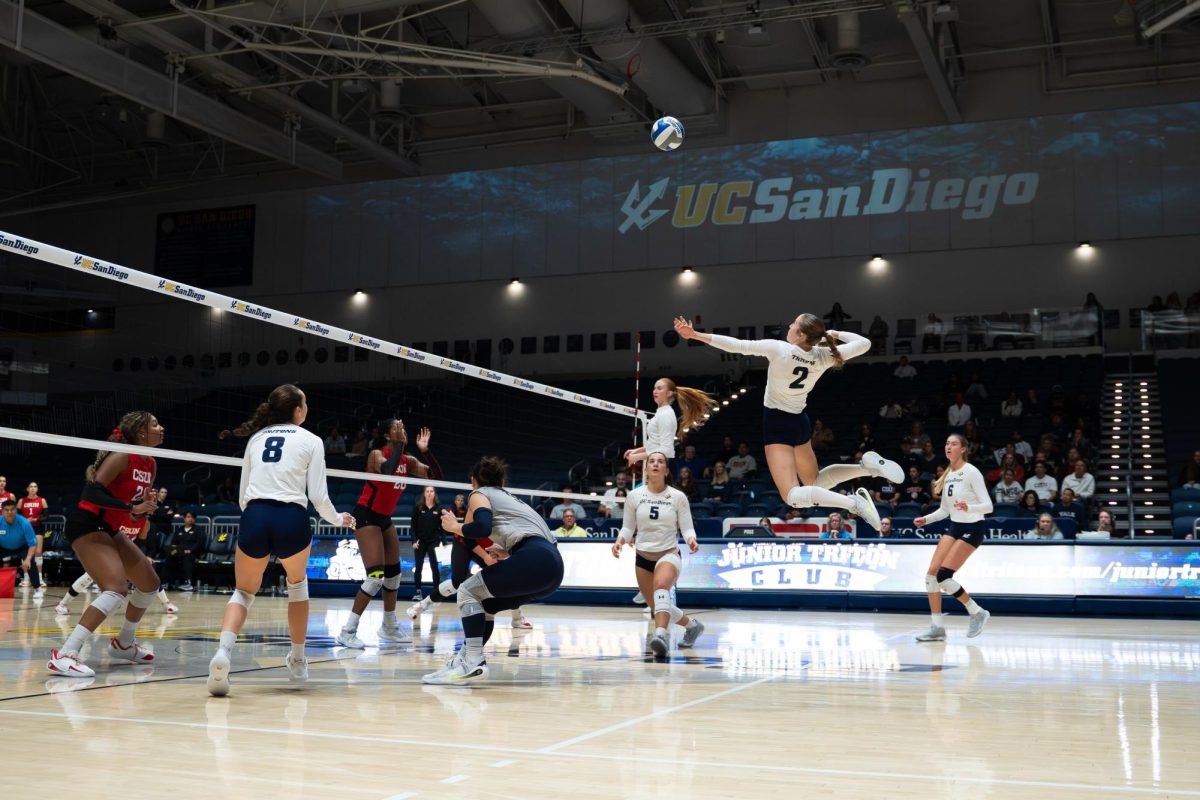The UC Board of Regents passed an 8-percent student-fee increase on Nov. 18 after a three-day meeting. The increase will raise tuition prices from $10,302 to $11,124 for the 2011-12 academic year, and comes a year after a 32-percent increase passed last November.

According to UC spokesperson Ricardo Vasquez, the Regents were reluctant to increase fees by $822, but the lack of adequate state funding, in addition to the failure to find a better solution to the budget deficit, led them to vote in favor of the increase.
UC officials suggested that the $1 billion deficit the UC system faces could be curbed by bringing in an annual revenue of about $180 million from the fee increase.
At the Regents meeting at UC San Francisco, UC president Mark G. Yudof spoke about the possibility of additional cuts from state funding in the next few years due to national economic crisis.
State funding for the UC system was cut by $600 million in 2009. Despite the $370 million increase this year, a budget shortfall still exists, one that must now be covered by changes in tuition fees and the pension system.
According to Vazquez, the standards for providing financial aid have been lowered to help make the fee increase more manageable for students.
The Regents also voted to raise the maximum yearly family income for the Blue and Gold Opportunity Plan eligibility to $80,000.
The plan originally covered the educational costs of students with family incomes less than $70,000, using grants and scholarships.
“The Regents… extended financial aid for middle income students,” Vazquez said. “[In-state] students are eligible for financial aid [for the fee increase] if their family income is between $80,000 and $120,000 — they will receive grants or scholarships for the 2011-12 school year to cover the cost of the fee increase.”

During the meeting, Yudof said the increase would not affect the 55 percent of students with a yearly income of less than $120,000 in the 2011-12 academic year.
Protests at UCSF against the fee increases were largely subdued on Thursday, after 13 people were arrested at the multiple rallies held the day before.
The A.S. Office of External Affairs office broadcasted the meeting on Library Walk and provided microphones to promote student dialogue about the decision.
“It [was] a different way of approaching students to educate them instead of flyering,” Vice President of External Affairs Michael Lam said. “It’s a way to actually show students what is actually happening [at the Regents level].”
The broadcast and speak-in ended when the Regents voted 15-5 to pass the fee increase.
Five voting members — including Student Regent Jesse Cheng, Odessa Johnson, Charlene Zettel, Darek DeFreece and Lieutenant Governor Abel Maldonado — voted against the increase. Last November, then-Student Regent Jesse Bernal was the sole dissenting vote against the 32-percent fee increase.
“At the end of the Regents meeting, nobody wanted to speak because the vote was so quick,” Lam said. “Every student was stunned about how easy it was and how fast it was passed, they couldn’t really say anything.”
Students protested at the Founder’s Day event against the fee increases , holding signs that bore like “50 years of oppression” and “Celebrating 50 years of fee increases.”

A.S. Campuswide Senator Victor Flores-Osorio — one of the organizers for the silent action — said the purpose of holding up signs was to show administrators and the UCSD campus that students are affected by the increases.
“We held up different signs to show our presence — that we care and that we matter and that we are outraged about the fee increase,” Flores-Osorio said.
He added that the protest was about more than the fee increase. He said he and other students felt that the university does not place a significant importance on diversity, humanities or the social sciences.
“We don’t see ourselves as represented,” Osorio said. “We wanted to show UCSD that we are here and that we are not satisfied with the overall general progress, with regard to diversity. There is a much greater emphasis on the physical and biological sciences, and the university does not prioritize the social sciences or humanities, or the access [to those] on campus.”
Readers can contact Nisha Kurani at [email protected].







